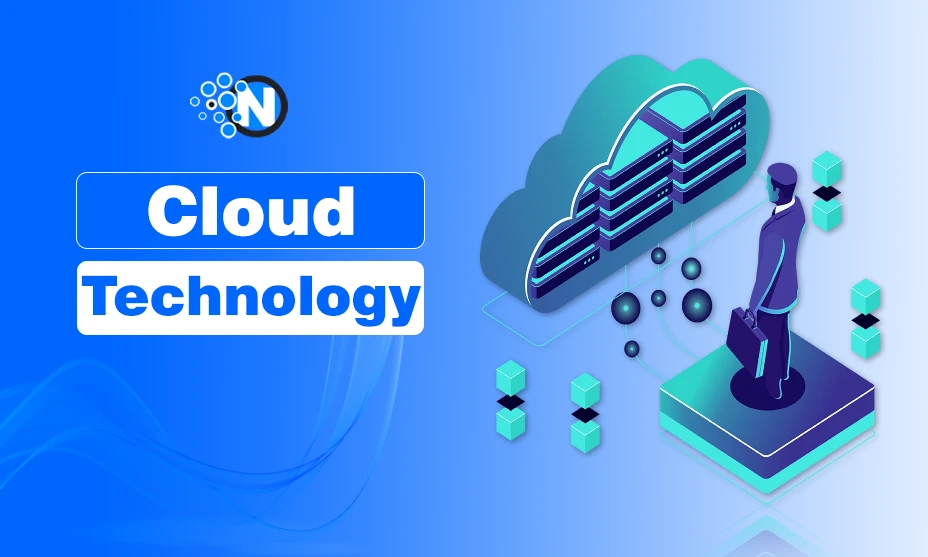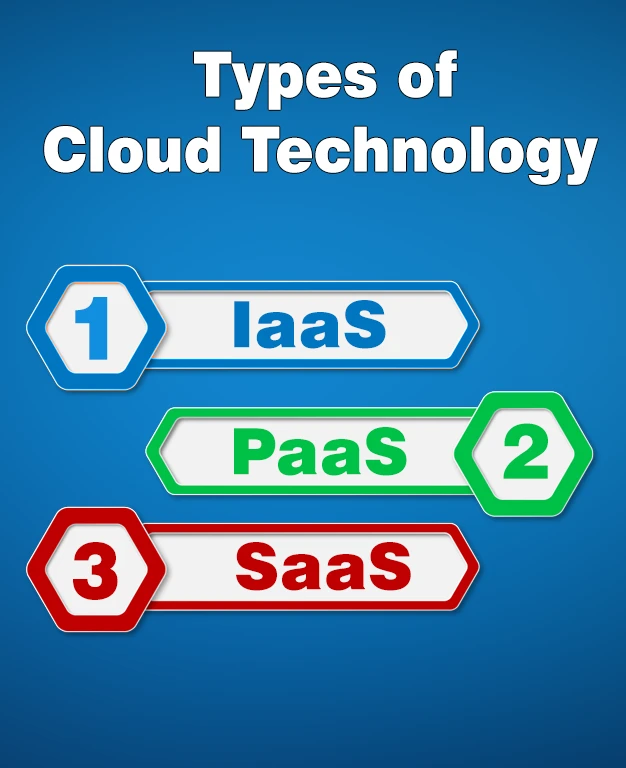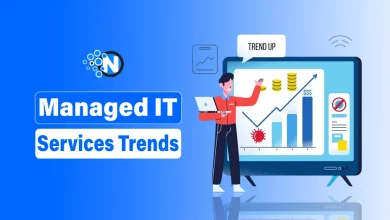What is Cloud Technology? Types, Models and Key Benefits

You will come across several cutting edge technology tools on an everyday basis. All this is the result of technological advancements as more and more tools are launched and available on the web. Among these developments, cloud technology is currently in the trend as it offers incredible perks to every industry.
It generally helps in storing and managing the data to use it for different purposes. Cloud technology solutions are beneficial not only in terms of security and privacy but also can improve functionality.
To help you further, I have highlighted its different aspects in this guide so that you can learn about them and take your experience to an advanced level.
What is Cloud Technology?
Start creating Verdict in seconds, and convert more of your visitors into leads.
Cloud Technology allows users to have their hands on a wide range of resources with the help of the Internet without using or relying on any potential computing resource. In the beginning, I have not given importance to incorporating this technology in my essential business tasks, However, with time, I found that it is necessary to utilize the power of cloud components to survive.

The resources that you can access through cloud technology are data storage, computing power, and applications. Thus, you can access them from anywhere and anytime with an active Internet Service Provider.
Cloud technology is transforming the digital landscape. It enables businesses to innovate, scale, and respond more effectively to market demands. Whether you’re an individual user or a large enterprise, the cloud offers solutions that can be personalized to your specific needs.
Types of Cloud Technology
Start creating Verdict in seconds, and convert more of your visitors into leads.
Cloud technology or cloud computing is of several types. However, I have mentioned the most important ones in the under section.

1 – Infrastructure as a Service
Shortly known as IaaS, it offers completely virtualized computing resources over the Internet. No matter if you are looking for storage or servers, you can easily have your hands on your demands. The key examples in this regard are:
Use Cases
Hosting websites, web applications, virtual data centers, and disaster recovery.
2 – Platform as a Service
PaaS is generally a platform that provides direct access to developers to build their applications alongside deploying and managing them. In this way, they need not worry about the underlying infrastructure as the development and other tools will identify the flaws and functionalities. The key examples include:
Use Cases
Application development, web services, and API integration.
3 – Software as a Service
Software as a Service or SaaS is another major type of cloud technology that helps you enjoy the benefits of software online without downloading or installing it on your device. You have to purchase the subscription only and access the service with the help of an updated browser. The important examples are:
Use Cases
Email services, customer relationship management (CRM), cloud based insurance software, and collaboration tools.
Cloud Technology Deployment Models
Start creating Verdict in seconds, and convert more of your visitors into leads.
I have shared insights into different deployment models of cloud technology in the section below. You should understand them to determine how this modern innovation can help you in this competitive world.
Public Cloud
Public clouds are owned and operated by third-party cloud service providers. They deliver their computing resources over the internet. Hence, everyone can access them easily and utilize their services to carry out vital activities.
Examples include AWS, Google Cloud, and Microsoft Azure. Public clouds are ideal for small and medium sized businesses as they feature workloads with variable demand. Also, they are cost effective which puts less impact on budget.
Private Cloud
As the name suggests, this cloud technology is limited to a single organization only. Depending upon the company, it can be located anywhere. If you are using such a deployment model, you can host it physically at your data center.
Conversely, a third party service may be hosting it. Private clouds offer you more control over the sources Additionally, they can enhance the data security quite significantly. Thus, you can find improvements in the overall performance of your business.
Hybrid Cloud
Lastly, the Hybrid cloud deployment model is there that combines both public and private cloud models. Hence, it allows data and applications to be shared between these models, which not only offers more flexibility but also optimizes the current infrastructure.
Moreover, you can experience more security and compliance with the regulatory requirements. Businesses that continuously face variations in their workloads and the sensitivity of data should utilize the potential of this deployment model.
Read More: Reasons to Choose a Cloud Service Provider for Your Business
Key Benefits of Cloud Technology
Start creating Verdict in seconds, and convert more of your visitors into leads.
Cloud Technology has taken the world by storm in recent years as it is offering massive perks to businesses of all kinds. Thus, it is becoming easier for newbies to compete in this modern landscape and head to their desired goals. I have provided a short overview of the benefits of cloud computing or cloud technology here.
- Scalability: Easily scale up or down based on demand.
- Cost Efficiency: Reduce costs by eliminating the need for physical hardware and maintenance.
- Accessibility: Access data and applications from anywhere, at any time.
- Disaster Recovery: Enhanced backup and recovery options.
- Security: Advanced cloud security features to protect data.
Challenges and Considerations
Start creating Verdict in seconds, and convert more of your visitors into leads.
While cloud technology offers numerous advantages, there are also some challenges to consider. Here they are:
- CyberSecurity Concerns: Potential risks associated with data breaches and loss.
- Downtime: Dependence on internet connectivity can lead to downtime.
- Compliance: Ensuring compliance with regulations and standards.
- Cost Management: Keeping track of cloud costs and managing them effectively.
Future of Cloud Technology
Start creating Verdict in seconds, and convert more of your visitors into leads.
The future of cloud technology is very promising. I have enlisted some technology trends that are making their way to the world in upcoming years.
- Edge Computing: Bring computation and data storage closer to the location where it is needed.
- Artificial Intelligence and Machine Learning Integration: Enhance cloud services with AI capabilities.
- Serverless Computing: Allows developers to build and run applications without managing infrastructure.
- Multi-Cloud Strategy: Use multiple cloud providers to optimize performance and cost.
Examples of Cloud Technology in Action
Start creating Verdict in seconds, and convert more of your visitors into leads.
In this section, I have explained some example usages of cloud technology, It will help you to understand its working potential and how it is influencing the apps and software of our everyday usage.
- Netflix: Netflix uses AWS to run its streaming service and manage content delivery. Also, it handles data analytics quite effectively. The scalability of Amazon Web Services allows Netflix to provide a seamless online streaming experience to millions of users worldwide.
- Dropbox: Dropbox is one of the best cloud storage services that feature cloud technology to store and sync files across devices. It uses the potential of both public and private clouds to offer reliable and scalable storage solutions to its users.
- Zoom: Zoom relies on cloud technology to deliver its video conferencing services. The cloud infrastructure allows Zoom to meet the demands of millions of users globally, especially during peak usage times.
Final Thoughts
Start creating Verdict in seconds, and convert more of your visitors into leads.
These are the details about cloud technology and its different aspects. In simple words, this latest advancement has transformed the way people can access and use services and software. No matter if you are running a small business or a large enterprise, you can have your hands on massive perks.
The flexibility, scalability, and cost effectiveness offered by the cloud solutions are simply unmatchable. You should understand the key components, types, and deployment models to pocket as many benefits as you can.




